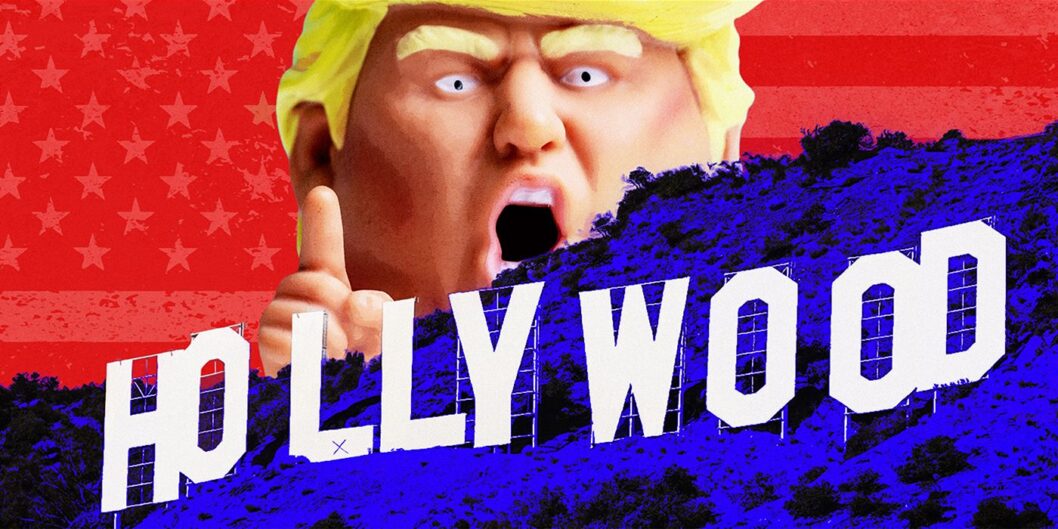Donald Trump’s Proposed Movie Tariff: Implications for Hollywood
Introduction
In a recent announcement on his social media platform, Truth Social, President Donald Trump proposed a 100% tariff on movie productions originating outside the United States. This bold declaration raises pressing questions about its potential implications for both international cinema and Hollywood productions that shoot abroad.
Examining the Announcement
Trump’s Position and Context
President Trump described the U.S. movie industry as "DYING a very fast death," attributing this decline to foreign countries offering incentives that draw filmmakers away from domestic production. He referred to these so-called "runaway productions" as a "national security threat." This sentiment echoes past criticisms he has made about foreign films, such as his condemnation of the 2019 Academy Award-winning film Parasite.
In his post, Trump stated, "I am authorizing the Department of Commerce and the United States Trade Representative to immediately begin the process of instituting a 100% Tariff on any and all Movies coming into our Country that are produced in Foreign Lands." These assertions raise eyebrows regarding their feasibility and the potential repercussions for an already-troubled film industry still recovering from the pandemic’s impact.
Concerns About Enforcement and Impact
The ambiguity surrounding the proposed tariff is significant. Sources within the industry have expressed alarm, recognizing that the ramifications could extend beyond just international films. Questions remain: Will the tariff affect foreign films distributed in the U.S.? and What about Hollywood productions that are filmed in foreign locations? The potential for confusion and disruption is immense, especially since many top-grossing films, like the Avatar series and the Mission: Impossible franchise, are filmed outside the U.S.
The Mystery of the Tariff
Industry Reactions and Interpretations
Film industry insiders have reacted with skepticism and concern to Trump’s announcement, indicating that it lacks clarity and clear parameters. Trump’s declarations often seem to reflect his executive approach rather than substantive policy formulation.
Key figures in the industry, such as actor Jon Voight, have been enlisted as Trump’s "special ambassador" to Hollywood. However, whether this role can truly facilitate dialogue or understanding remains to be seen. Many view the announcement as a mere continuation of Trump’s overarching agenda rather than a well-thought-out policy initiative.
Cultural Ramifications
There are fears that enacting such a tariff could lead to a cultural narrowing, where audiences in the U.S. are deprived of international narratives and artistic expressions. If Trump’s administration carries through with these tariffs, it could stifle creativity and reduce the diversity of films available in American theaters.
Moreover, the American film industry stands to lose its ability to project cultural influence abroad—a concept often referred to as "soft power." With a reported $3.23 billion drawn from international box offices by corporations like Disney, such radical tariff measures could lead to a significant economic impact as well.
Conclusion
While the proposal for a 100% tariff on foreign films may seem like a radical attempt to protect the American film industry, it raises substantial questions about its enforcement, ethical implications, and the potential harm it could cause to the cultural landscape. With industry leaders urging for clarity and a coherent dialogue, the long-term effects of Trump’s announcement remain uncertain, but its contemplation signals a dangerous trend towards nationalism that could severely diminish the richness of American cinema.
As conversations unfold, the entertainment sector is left grappling with these developments, hoping for a resolution that prioritizes artistic integrity and foreign collaborations rather than divisive tariffs. The situation continues to evolve, and its repercussions warrant close examination as Hollywood moves forward in a post-pandemic world.









